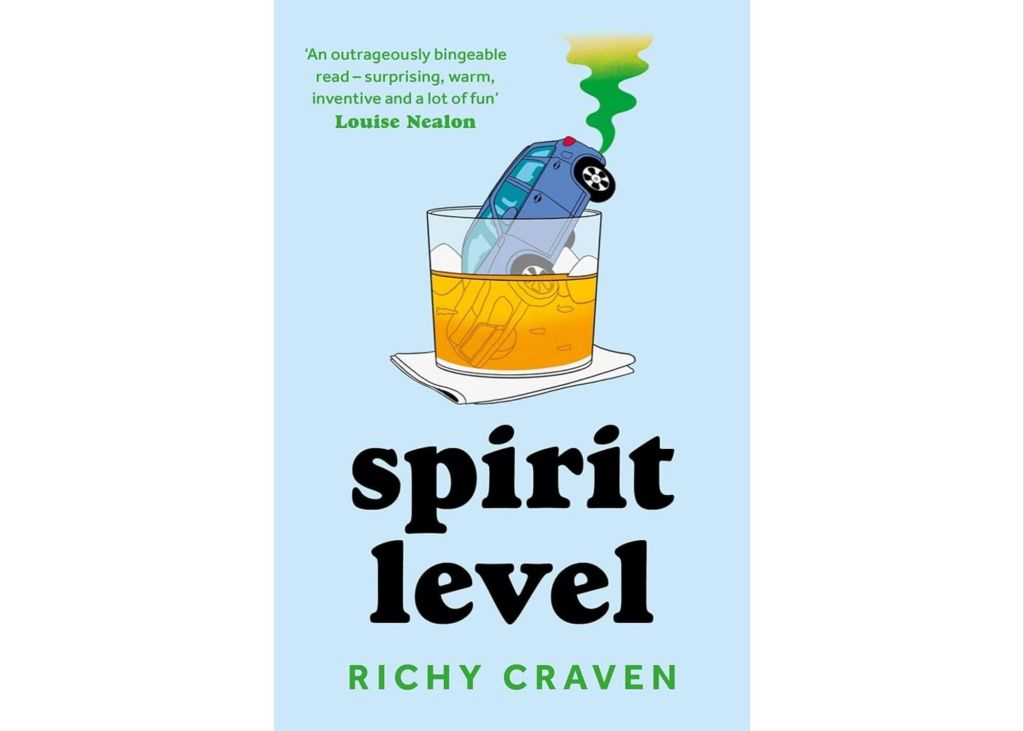
Hold the front page, Bookaholics: we have a contender for book of the year. Whilst I’m always a bit nervous of calling it too early – after all, it is only May and there are no doubt many more amazing reads to come – I know in my gut that it will take something pretty darn special to blow me away more than River East River West by Aube Rey Lescure. Deservedly shortlisted for the Women’s Prizen for fiction, this novel is a masterclass in every element of writing a book and it has got under my skin in all the right ways. I cannot recommend it enough.
As the teenage child of a white American mother and an unknown Chinese father, Alva is struggling to understand her place in the world. Living in Shanghai, she longs to visit the USA and explore that side of her cultural roots, but her mother has no desire to return. When Sloan, her mum, marries their Chinese landlord, Alva has had enough and begins to rebel against the perceived injustice of her life. But truth is her stepdad has his own complex back story – one that the reader slowly begins to understand – and the two of them may have more in common than they both realise. Can they find common ground in their unfulfilled dreams? Or will Alva tear the family apart?
Told from 2 perspectives – Alva in the present day and Lu Fang, her step dad, in the past – the story is perfectly paced to hold your attention throughout. The author shows immense skill in the way the plot unfolds, posing questions around Alva’s dad and Lu Fang’s previous family that drove me constantly to pick up the book in my need to know more. Tackling themes such as race, identity and what it truly means to belong, there is something so raw and inherently perceptive in this exploration of what it means to be human that I felt utterly seen, without being Chinese or of mixed race descent. The universality of this writing is beyond skillful and both characters will remain with me for a long time to come.
You can probably tell by now that I will be recommending this novel to every man and his dog over the next few months – if not the next few years – so it goes without saying that I think you should read it. Heart-breaking, thought-provoking and beautifully written, this book will make you question the stories we tell both ourselves and others in the quest to belong. Buy this book. You won’t regret it.









